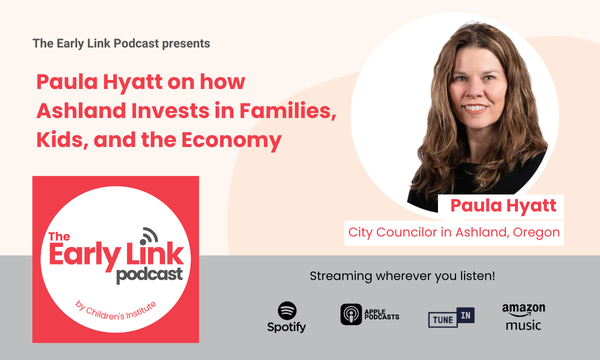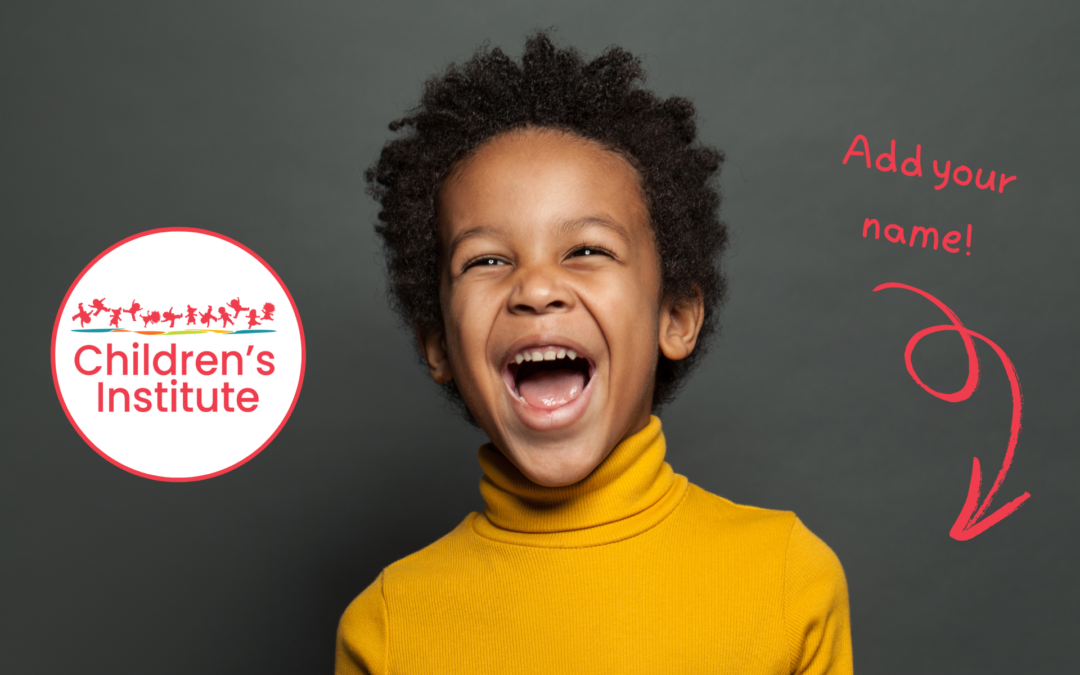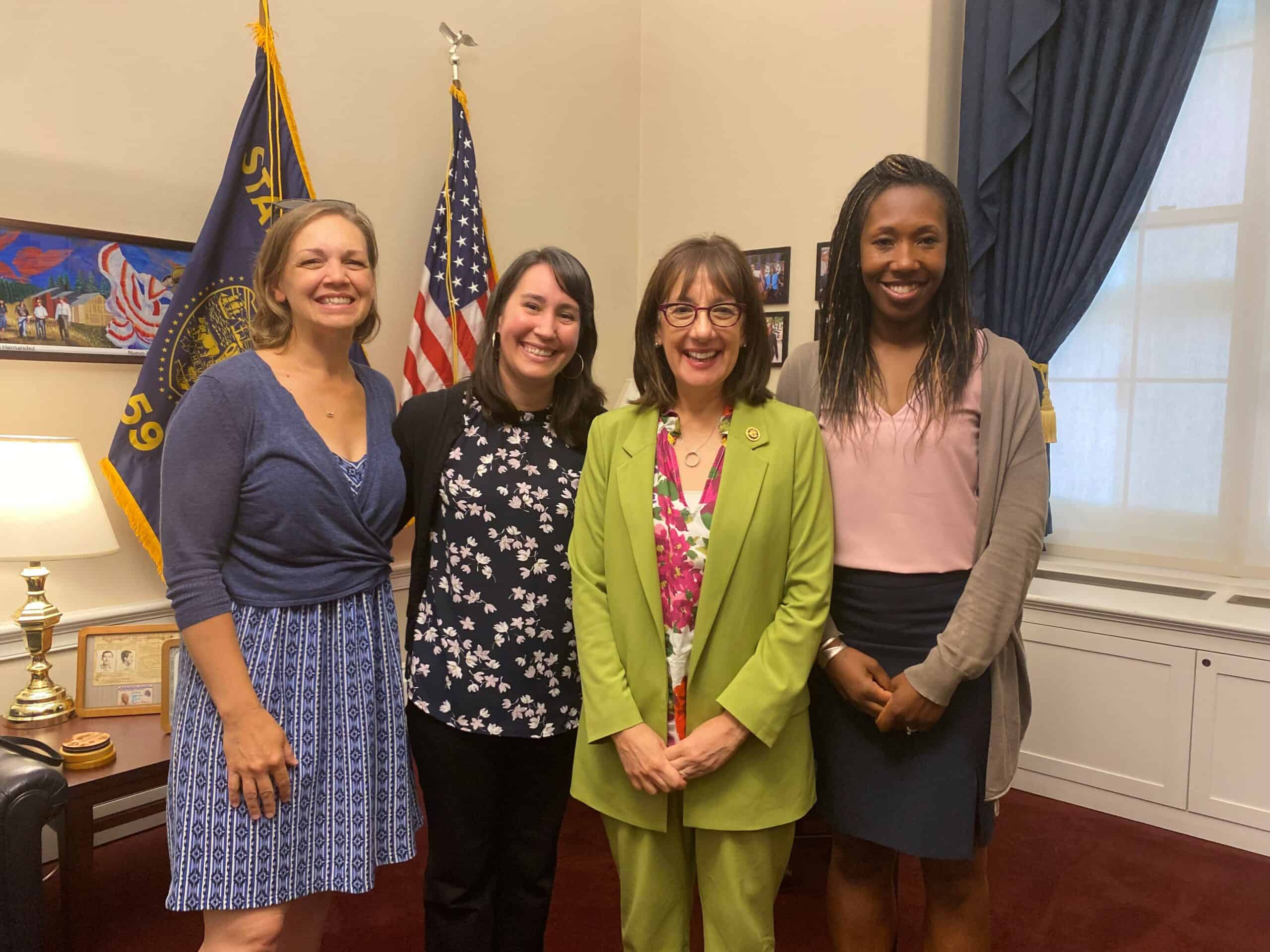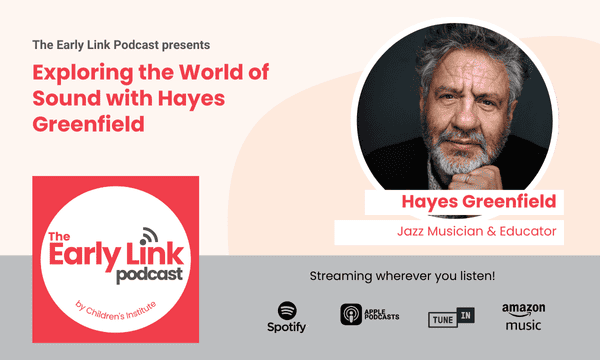
Paula Hyatt on how Ashland Invests in Families, Kids, and the Economy
Summary
In this episode of The Early Link Podcast, we explore what the city of Ashland, Oregon is doing to improve access to child care and early learning in the city and the region. Ashland is located in Southern Oregon, not far from the California border, and has a population of about 22,000 residents. It is known for being one of the best small towns in America and for the world-famous Oregon Shakespeare Festival. But in this interview, we’ll raise some visibility for the work happening in the city to support young children and their families. Paula Hyatt, an Ashland city councilor, has taken a lead role in this work. With a background in finance and banking, national defense and healthcare, she’s been keenly interested in the importance of a diversified economy and the need to bring people together to create solutions for kids and working families.
“So why did the council do that? Why did we feel that that was a good use of our resources? It’s largely because when you do these investments, you are investing in families, but you’re also investing in your local economy. If you have folks who have quality care for their kids, they can pursue the employment they’re seeking, they can pursue higher education, which in turn means there’s a greater labor pool for folks to hire from, less turnover for employers. So, it tends to be symbiotic in that it helps the families, but it also helps our local business.”
More about The Early Link Podcast
The Early Link Podcast highlights national, regional, and local voices working in early childhood education and the nonprofit sector. The podcast is written, hosted, and produced by Rafael Otto, Children’s Institute’s director of communications.
Listen to more episodes of the Early Link Podcast here or stream on Spotify, Stitcher, Amazon Music, TuneIn, and Apple Podcasts.






